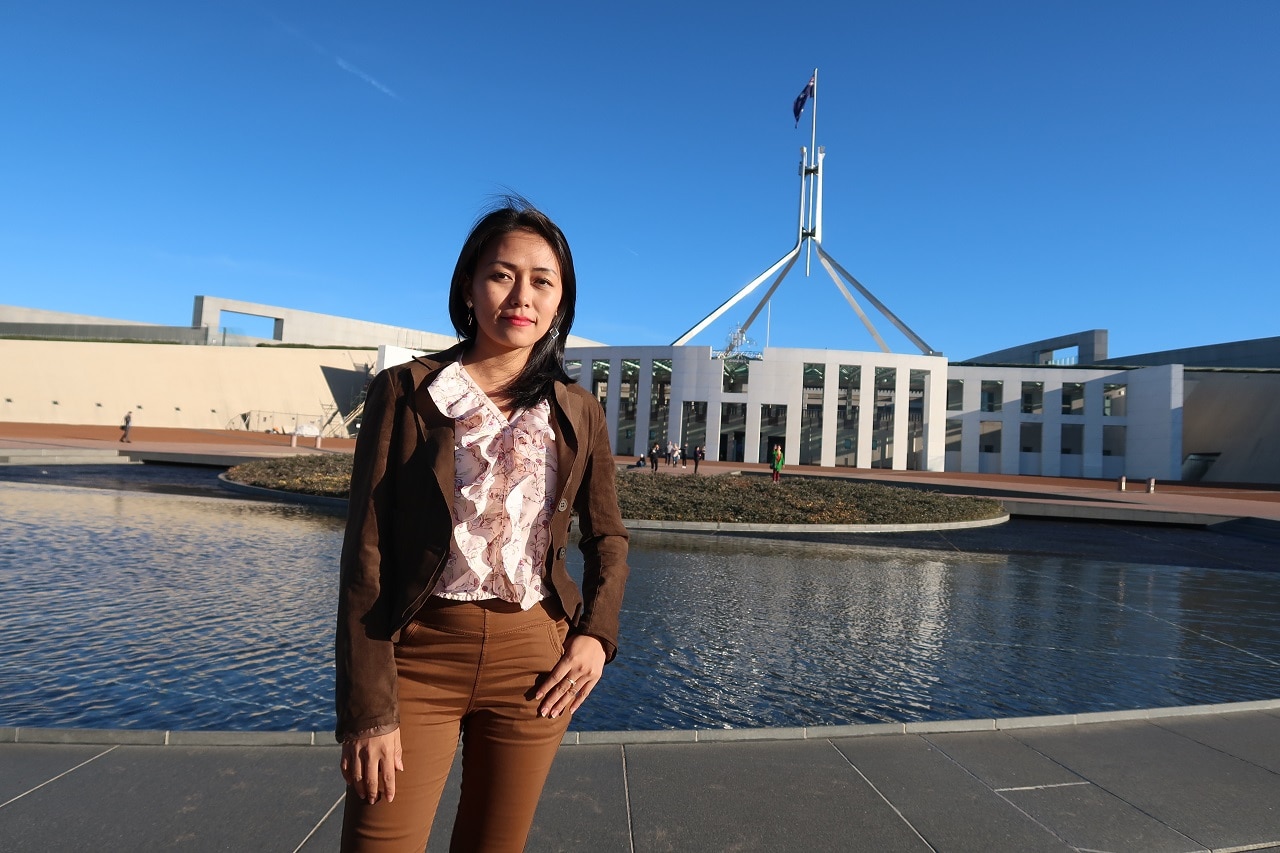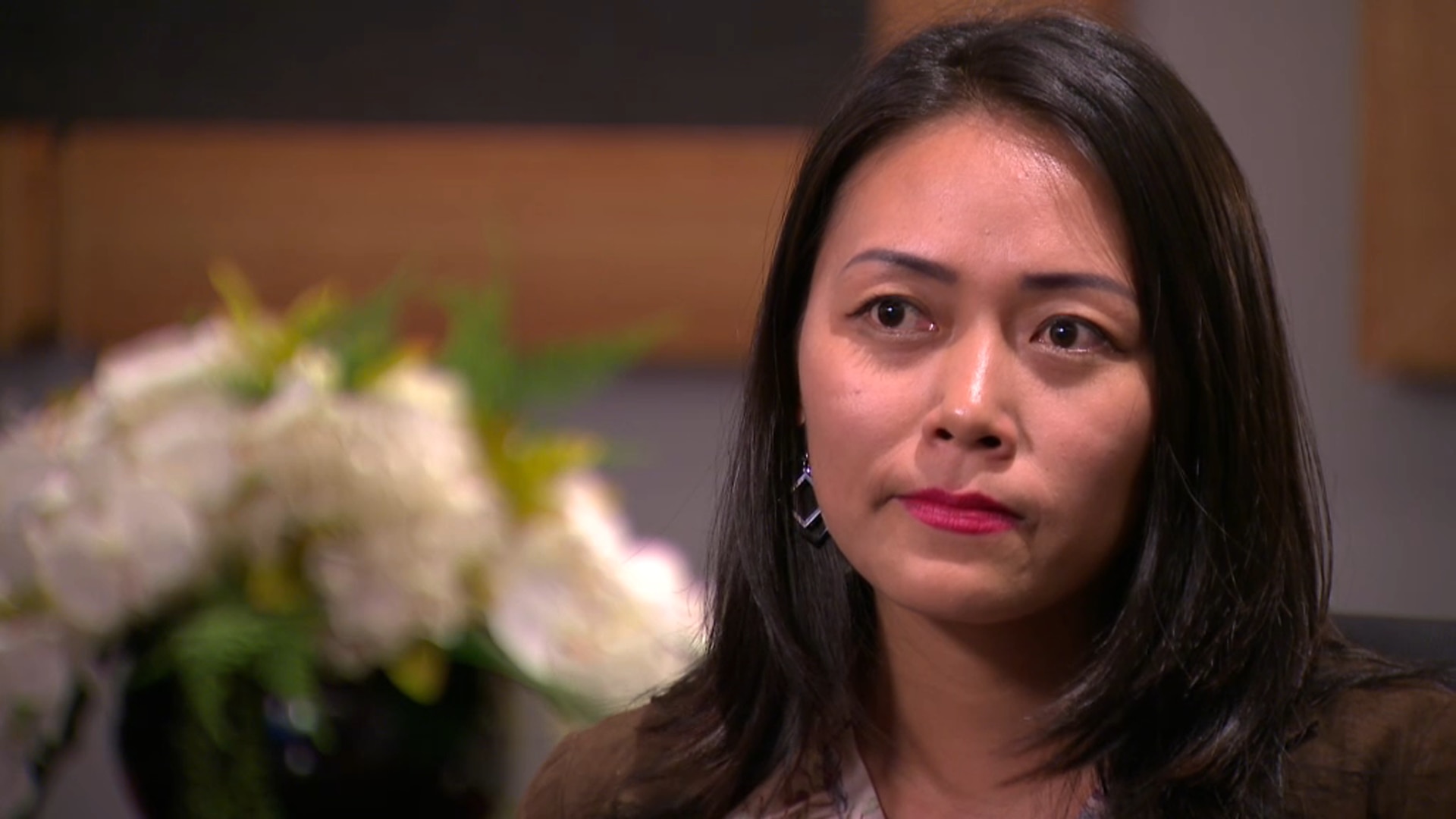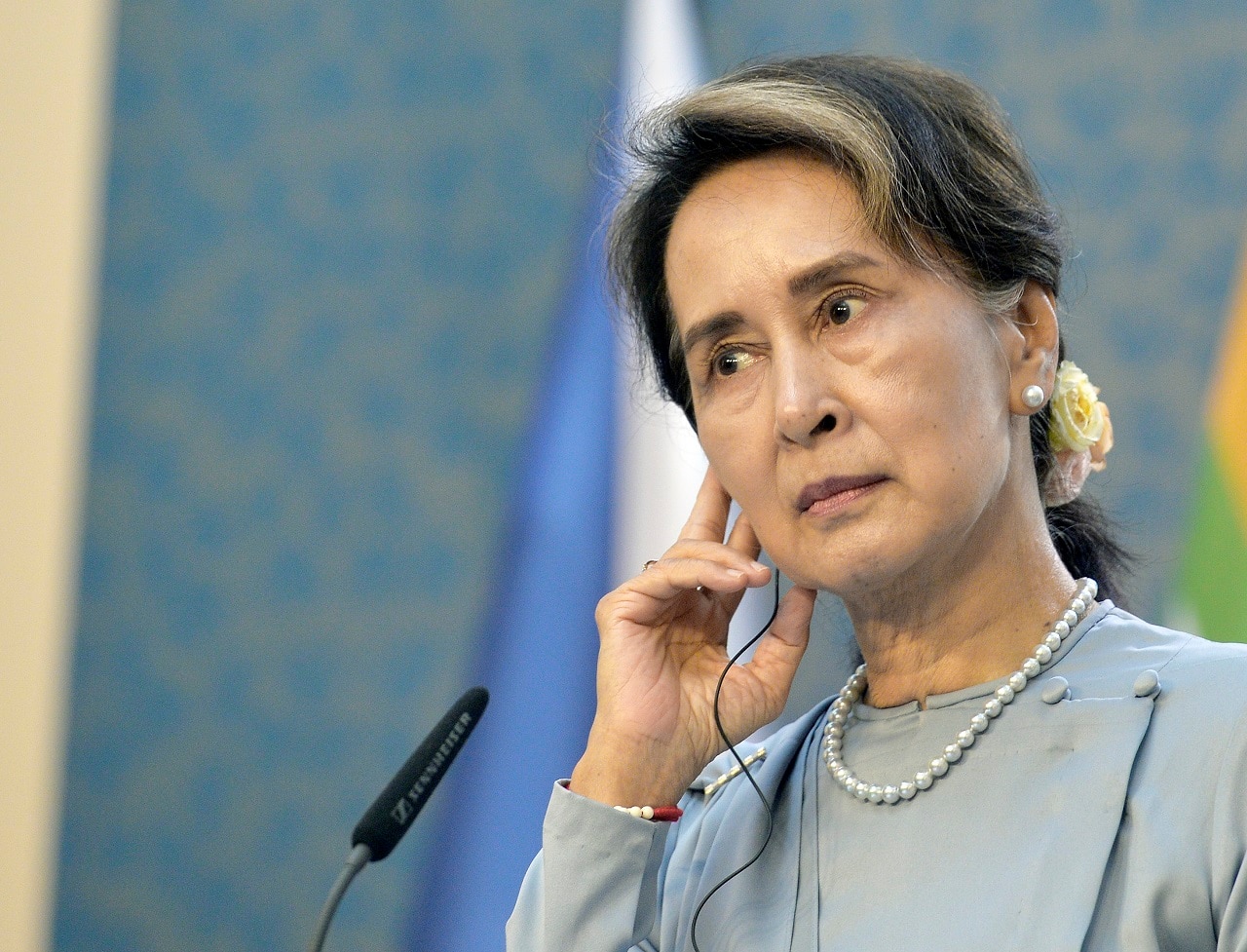UN Security Council Should Ensure Justice for All Victims of Myanmar Violence

Smoke is seen rising from Burma's Taung Pyo Let War village from across the border in Bangladesh.
© 2017 Private
UN Security Council Should Ensure Justice for All Victims of Myanmar Violence

Smoke is seen rising from Burma's Taung Pyo Let War village from across the border in Bangladesh.
© 2017 Private
Twenty-seven-year-old Thinzar Shunlei Yi is one of several youth activists in the Southeast Asian nation pushing her government to better deliver for its people.
Myanmar transitioned from military rule to quasi-democracy in 2015. But while visiting Australia this week, Thinzar Shunlei Yi told SBS News her country has a very long way to go.
"I want [Myanmar to] embrace humanity, democracy and human rights," she told SBS News in an exclusive interview.
 Thinzar Shunlei Yi in Canberra. SBS News.
Thinzar Shunlei Yi in Canberra. SBS News."I have been sharing my dream with other young people, so they can be inspired."
The former school teacher turned TV host is a leading figure in the youth movement within Myanmar, a country that has recently been accused of targeting ethnic minorities and censoring journalists.
She is facing a possible prison sentence after organising a peaceful, anti-civil war protest in May last year.
"Having water cannons trying to disperse the crowd … I felt like we were being treated like the biggest criminals ever.
"We're just young women trying to raise our voices for peace in Myanmar."
 Thinzar Shunlei Yi talks to SBS News. SBS News
Thinzar Shunlei Yi talks to SBS News. SBS NewsShe said growing up, democracy activist Aung San Suu Kyi was her idol.
"I am who I am right now because of what she was saying about human rights and democracy," she said.
But that changed when Aung San Suu Kyi became State Counsellor, or Myanmar's de-facto leader, after the country's historic 2015 elections.
Since then, the Noble Peace Prize winner has been accused by rights groups of being complicit in military-led civil conflicts, including a crackdown on the Rohingya people.
"[The new government] didn't meet our expectations and that disappoints us," Thinzar Shunlei Yi said.
 Aung San Suu Kyi in June. AAP
Aung San Suu Kyi in June. AAPShe said there are also many challenges of being a young woman speaking out against the government.
"As a young female activist, I get a lot of backlash and discrimination," she said.
Her 10-day visit to Australia coincided with this week's raid of the ABC by the Australian Federal Police.
"[This] not a new thing to me, it happens all the time back in my country … but in Australia," she said.
Asked if she has plans to run in Myanmar's 2020 election, she said, "I have a dream, of course, to be in the politics but right now I feel I don't want to be locked up in the system, that system is a failed system".